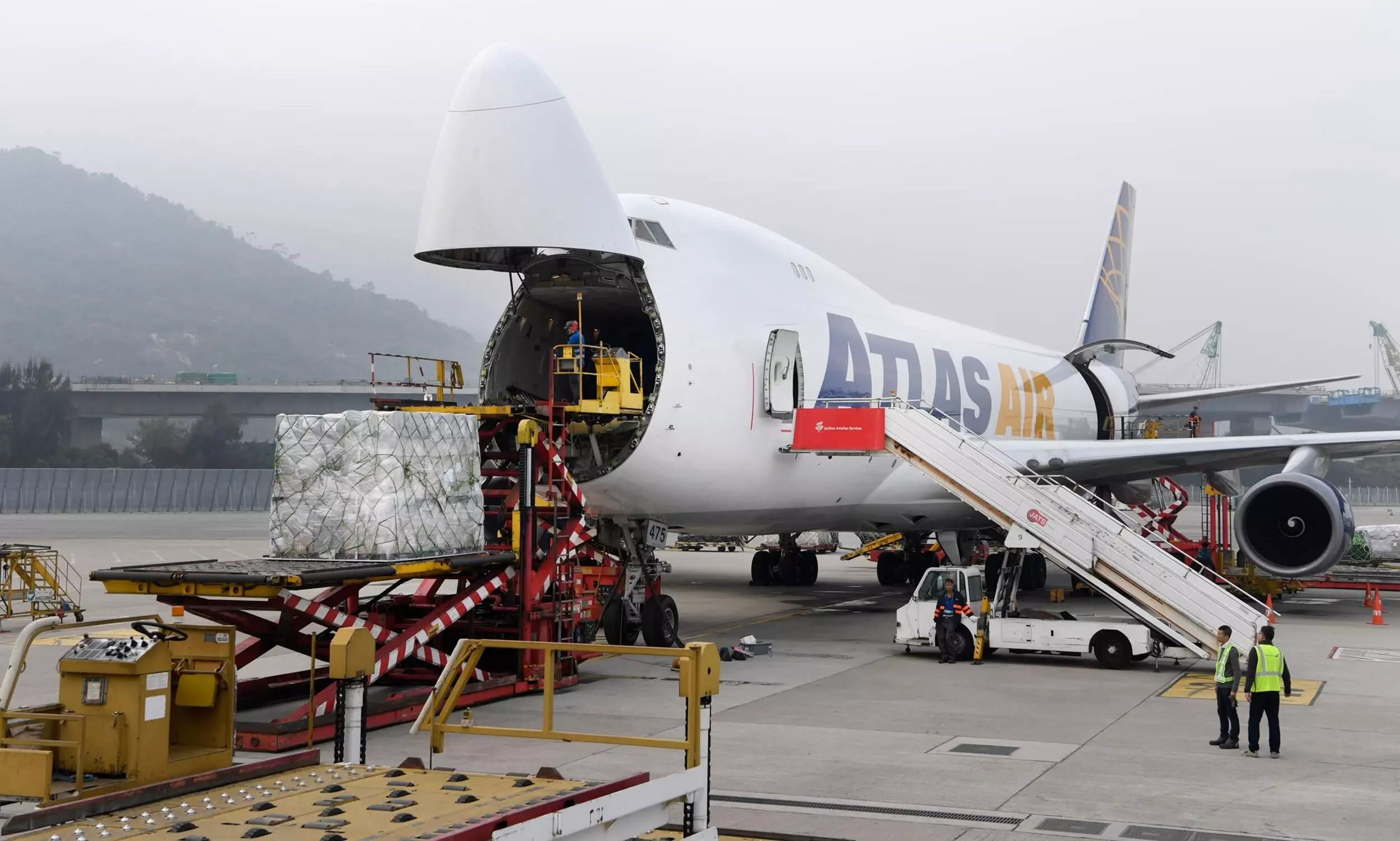
Atlas Air CEO warns of potential capacity shortage amid e-commerce boom
Demand for main-deck capacity is rising because of e-commerce; but more than 120 ageing wide-body freighters will retire soon.

Market demand for air cargo is expected to grow by approximately four to four and a half per cent this year, but the industry may face a challenging time due to a capacity shortage. Atlas Air’s CEO, Michael Steen, explained the situation during an interview with The STAT Trade Times at the IATA World Cargo Symposium held in Hong Kong recently.
According to Steen, there are currently around 650 wide-body freighters in operation globally, with 10% operated by Atlas Air. Out of the 650, around 120 freighters are over 30 years old, and the typical lifetime of an aircraft is between 30 and 35 years. This indicates that around 120 wide-body freighters must leave the global fleet soon.
Unfortunately, there won’t be enough new production rate growth or converted aircraft coming into the market to compensate for the loss. This is a significant problem since freighters carry 60% of the total cargo volume, with the remaining 40% carried in the bellies of the passenger planes. But only 50% of passenger aircraft's belly capacity is actually used for freight. This is due to factors that include network changes and changes in travel patterns.
As manufacturing units move to locations with inadequate belly capacity, the demand for freighters is expected to rise. This demand is further driven by the growth of e-commerce cargo. With more e-commerce players like Temu and Shein emerging into the scenario and driving cross-border air cargoes, “there’s a tremendous upside there,” said Steen. But, there also arises a critical need for fleet modernisation to address capacity constraints.
Steen further mentioned that this paradigm shift in supply and demand dynamics necessitates a strategic response to ensure airfreight services’ continued efficiency and reliability amidst evolving market conditions.
To be more resilient amidst challenges, the company focussed on specific strategic initiatives under its CEO Michael Steen’s leadership. Starting with the transition from a public to a private entity, Steen has brought many developments that represent a strategic change in its operational approach.
The public-to-private transition was led by a consortium of investors, including funds managed by Apollo affiliates, J.F. Lehman & Company investment affiliates, and Hill City Capital. According to Steen, this change signals a new phase of growth and opportunity for Atlas Air, which will focus on innovation, diversification, and resilience in the dynamic air cargo industry.
With a total fleet of 113 aircraft and close to 50 aircraft in its dry leasing portfolio with Titan Aviation Leasing, the company’s success can be attributed to its meticulous focus on diversifying its fleet and customer base, ensuring resilience in the face of evolving market dynamics.
“Over the past decade, the company has methodically expanded its fleet to encompass 113 aircraft across four distinct types,” Steen remarked in the interview. He added that Atlas Air has also strategically diversified its customer base, saying, “We’re now serving the entire global supply chain, everything from airlines to express companies to e-commerce platforms, several of them, and now to direct shippers as well.”
He emphasised the impact of diversification and added that during 2023, the most challenging economy since the financial crisis of 2008-2009, 90% of their business was under long-term contracts. This made their company very resilient as they did not rely on any one part of the market or business. Instead, they served the entire industry through their long-term contractual agreements.
Later in the interview, he discussed the company’s active role in sustainability initiatives, including in sustainable aviation fuel. While concluding the interview, Steen offered insights into the emerging trends shaping the aviation industry’s future, highlighting the exponential growth of cross-border e-commerce and the surge in demand for air cargo services.
He further underscored the need to closely monitor the evolving landscape of global trade, navigating geopolitical tensions and potential trade conflicts - calling for proactive engagement with stakeholders to ensure a more aligned approach that benefits the economy at large.
To watch the full interview of Michael Steen, click here.

